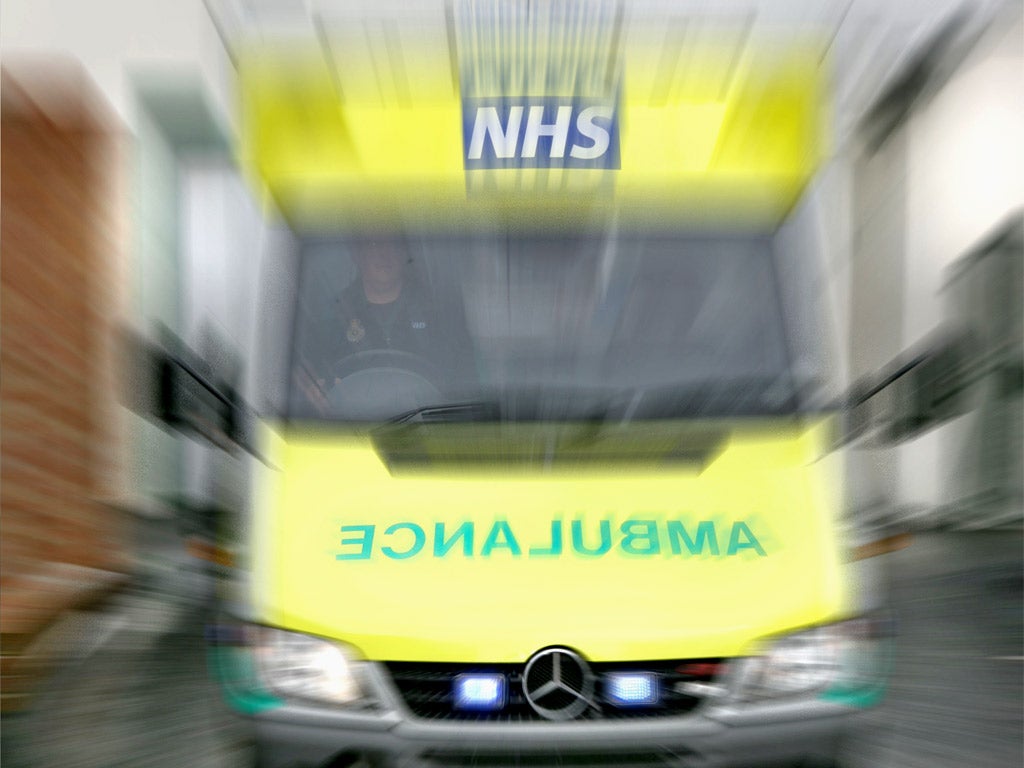Lack of medically trained staff leaves NHS 111 phone service struggling to cope, insider claims
She also revealed that many callers have to wait well beyond the target time of a minute before getting an answer

Your support helps us to tell the story
From reproductive rights to climate change to Big Tech, The Independent is on the ground when the story is developing. Whether it's investigating the financials of Elon Musk's pro-Trump PAC or producing our latest documentary, 'The A Word', which shines a light on the American women fighting for reproductive rights, we know how important it is to parse out the facts from the messaging.
At such a critical moment in US history, we need reporters on the ground. Your donation allows us to keep sending journalists to speak to both sides of the story.
The Independent is trusted by Americans across the entire political spectrum. And unlike many other quality news outlets, we choose not to lock Americans out of our reporting and analysis with paywalls. We believe quality journalism should be available to everyone, paid for by those who can afford it.
Your support makes all the difference.The NHS 111 phone service is struggling to cope because of a shortage of medically trained staff, an insider has claimed.
The call handler told ITV News that she often sends ambulances to people who she knows do not need them because she is told to do so by a computer program.
She also said that many callers had to wait well beyond the target time of a minute before getting an answer.
“At one stage [over Christmas], there were over 200 people waiting to be answered in our call centre,” the woman said.
“If you have somebody who's reluctant to call an ambulance, because they have chest pains or something, that could possibly be life threatening. Hanging on the phone for 45 minutes even to even get through to a call advisor - that can't be safe.”
She said qualified nurses and paramedics employed by the phone service to help the non-medically trained call handlers “work non-stop and I know they are trying to recruit more”.
“Recently over the weekend, going into work in the early hours, there were still 70 people on the clinicians list that have called in either overnight or on the previous night, and were still waiting for a call back,” the insider said.
She said a woman had called about a bleeding false fingernail – and an ambulance was almost sent because her reply to one question triggered an automatic response from the computer program.
“One of the questions asked was 'have you felt numbness or pins and needles in your hands?' It's the power of suggestion. She had been drinking so she says 'Now you mention it...' and that came up as an ambulance [on the computer],” she said.
However, a clinician was fortunately available to over-rule that decision.
NHS England said: “NHS 111 is doing an excellent job in terms of protecting both A&E and ambulance services from unnecessary attendances and call outs. Last year 111 received over 12 million calls and as a result offered treatment to over two million people who would otherwise have visited A&E, and another 580,000 who would have called 999 for an ambulance, reducing a significant amount of unnecessary pressure on our urgent care services.”
Join our commenting forum
Join thought-provoking conversations, follow other Independent readers and see their replies
Comments